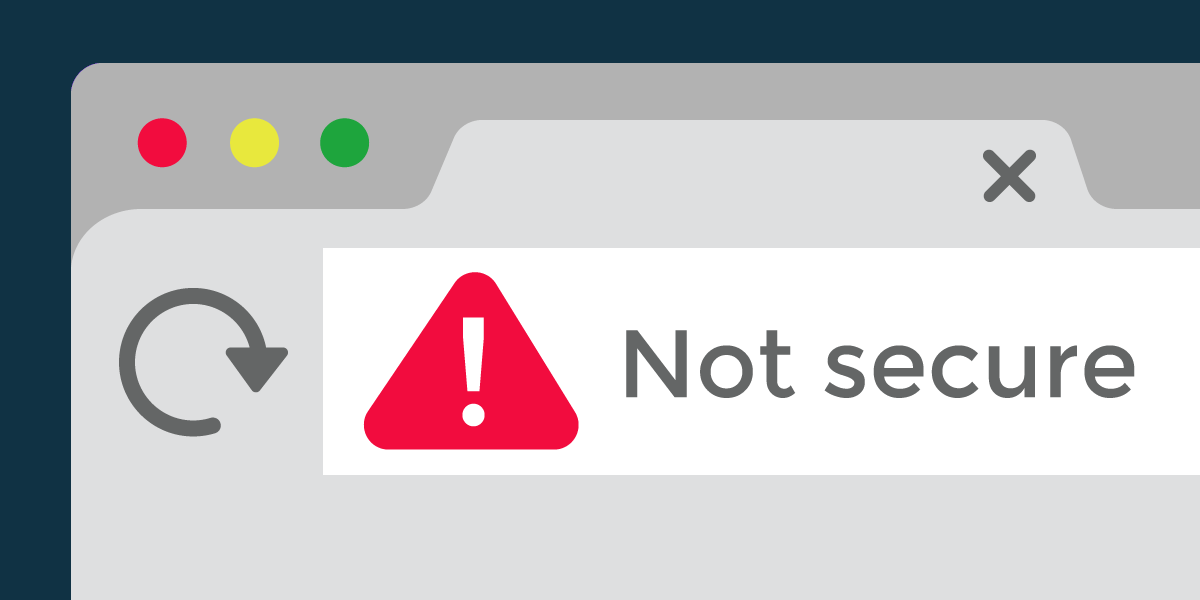In today’s digital world, where nearly every aspect of life is touched by the internet, trust is a precious currency. For any website, whether it’s a small personal blog or a sprawling e-commerce platform, establishing that trust is essential. One of the most important steps in doing so is using an SSL certificate.
An SSL certificate, or Secure Sockets Layer certificate, is more than just a technical formality. It’s a digital passport that encrypts the connection between a user’s browser and a website’s server. This encryption ensures that any data transmitted – passwords, credit card numbers, personal information – remains secure and unreadable to anyone who might try to intercept it. Without SSL, this data is essentially up for grabs by hackers lurking in the background.
But protection from cybercriminals is only one part of the story. A website secured with SSL is marked by the little padlock symbol in the browser’s address bar, a small detail that speaks volumes. It tells visitors that the site takes their privacy seriously. It also enables HTTPS, the secure version of HTTP, which has become the new standard for safe browsing. These visual cues are not just cosmetic, they’re psychological signals that reassure users they’re in the right place.
Search engines have caught on to this, too. Google, for example, gives ranking preference to secure websites. This means having an SSL certificate isn’t just about security anymore – it’s also a matter of visibility. Websites without SSL can find themselves pushed down in search results, overlooked in favour of more secure competitors. And let’s not forget mobile browsers, which now often flag HTTP-only sites as “Not Secure,” a warning that can scare away even the most casual visitor.
Don't scare away your visitors

There’s also a growing sense of expectation among users. People have become savvier about online threats and are more likely to abandon a website that doesn’t display signs of security. This is particularly crucial for e-commerce sites or any platform that handles personal information. Without SSL, it’s not just data that’s at risk, it’s also credibility and customer trust.
In a landscape where competition is fierce and attention spans are short, the presence – or absence – of an SSL certificate can be the difference between a thriving online presence and a digital ghost town. It’s no longer an optional upgrade; it’s a fundamental requirement for anyone serious about running a website. Whether you’re protecting your visitors, boosting your SEO, or simply keeping up with modern web standards, an SSL certificate is a small investment that pays dividends in confidence and connection.
So, while it may work quietly in the background, the impact of an SSL certificate is loud and clear. It safeguards the data that flows through the veins of the internet and builds the trust that every great website needs to grow.
If you have any questions about SSL certificates or website security, please feel free to get in touch with us via our contact form.
